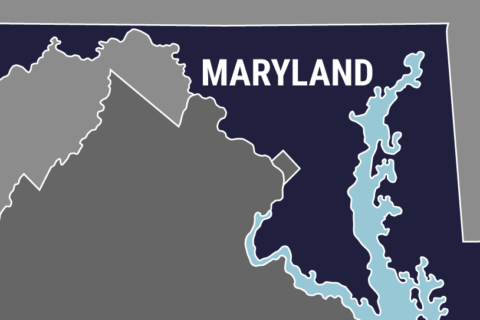WASHINGTON — It sits on the Corsica River along the Eastern shore, a 45-acre Russian compound known as the Washington Dacha to those who use it.
When it was closed on Thursday as part of the White House’s response to what it called Russian interference during the presidential election, questions began to swirl around what took place at the estate in Queen Anne’s County.
“The main reason it was used was to get rid of spy gear, and to possibly have private conversations,” said Pete Earley, author of the book “Comrade J: The Untold Secrets of Russia’s Master Spy in America After the End of the Cold War.”
The property in Centreville, Maryland, consists of two Georgian-style mansions, six guest cottages, a pool and tennis court. It was mainly a retreat for Russian diplomats stationed in Washington according to Earley and wasn’t used as a site for spying activities.
“An Aldrich Ames or a John Walker or someone like that, they would never risk meeting a person there like that,” Earley said.
The site, however, did play a small role in Russian espionage, Earley said.
As the story goes, according to Earley, Russian generals at the compound wanted a speed boat to use on the water, but the only one docked there was for diplomats. To sell the Kremlin on the idea of buying a boat for military officers, the generals came up with a plan to use the boat to discard old spy gear.
“They would take speed boat out into the middle of the river and they would dump all this smashed spy gear into the water,” Earley said.
Beyond that, Earley said the site is predominantly an escape for Russian diplomats, and the Obama administration’s move to block access to it, is mainly a slap on the wrist for Russia.
“This is actually more to punish them socially and take away something that’s fun for them, than it is to actually cut down their capabilities for spying,” said Earley.






